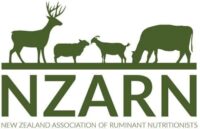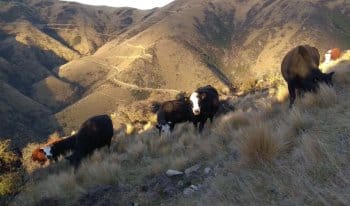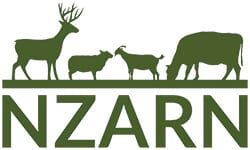Pasture is an economical source of nutrients for grazing animals. However, due to seasonal variations in quality and quantity of feed, there may be times of the year (particularly winter) when pasture does not meet the nutrient requirements of the animals. The challenge is how to maximise returns on supplemental feeding.
Infrequent supplementation is a reduction in the number of supplementation events in a week. This strategy can reduce labour and machinery costs associated with delivering feed to animals, particularly in extensive systems. BUT, does infrequent supplementation affect the performance of beef cattle?
This is a complicated question because factors such as forage quality, type and amount of supplement, breed or location can affect success.
The literature review presented finds contradictory effects for infrequent supplementation. For cattle consuming low forage quality, animals subjected to infrequent supplementation appear to be more efficient using the urea re-cycling mechanism. No major factor could be identified to explain the discrepancy in effects of infrequent supplementation found in the literature.
To date, no studies describing the effect of infrequent supplementation on NZ beef production have been conducted. Local research on this topic needs to be required.
NZARN members a full copy of the presentation is available below if you are logged in.
Non-members looking for more information are encouraged to use our ‘contact a nutritionist’ form and ‘member directory’ to find a member who can help them answer their questions.
If you are a Rural Professional interested in joining the NZARN please see our ‘membership’ section.


